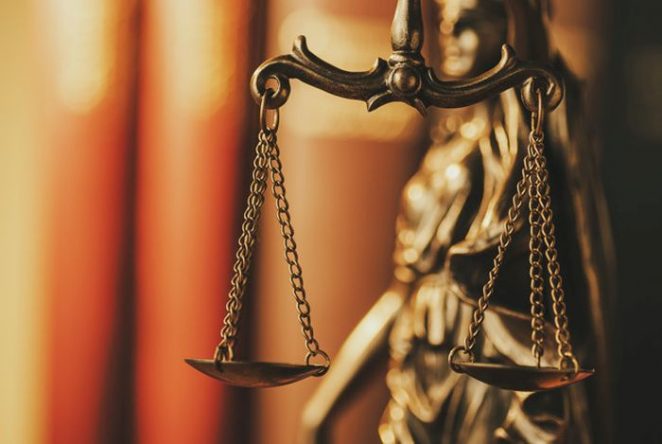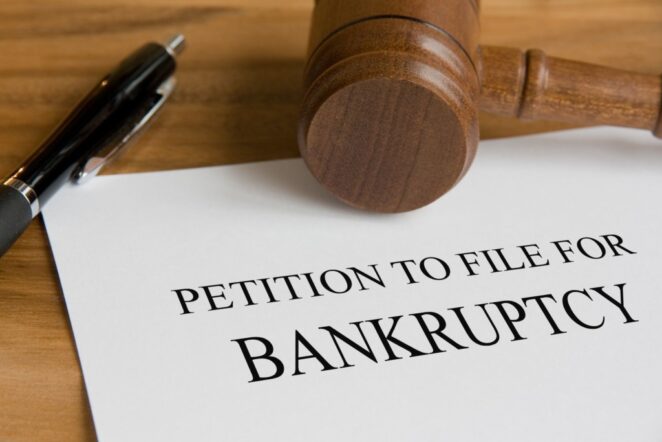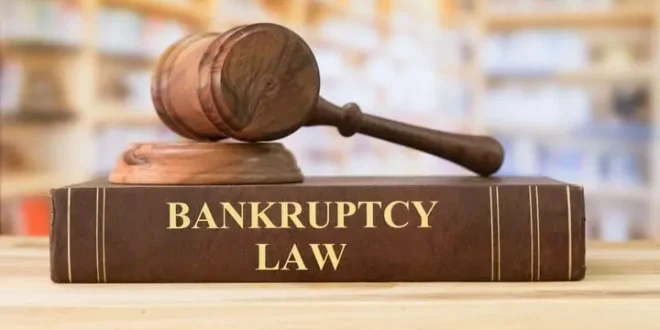Filing for bankruptcy can be one of the scariest decisions. It is a big life decision because it involves more than just finance. No one should have to go through it alone, especially not the legal procedures.
Filing for bankruptcy is not as common as applying butter to toast. You might not come across anyone that ever has done it. So obviously, if you find yourself in a sticky situation, you might not find a guiding hand.
Approaching a bankruptcy lawyer, like approaching any lawyer, in that case, can be intimidating. You might have a lot of questions, but might not want to come across as a client they don’t want to take on board. When things are so tricky, how do you tackle the situation smartly? Here are a few questions you should ask any bankruptcy lawyer before you hire them for good.

How long have they been practising law?
Asking them how long they have been practising is a must. Education is important, but experience matters a lot as well. Especially in the case of bankruptcy, an experienced lawyer might have a lot of insight into the different aspects of your situation. Having seen a lot, they might be able to provide you better alternatives.
In truth, older, more experienced lawyers might perhaps also treat you better than one that is driven by money and fame. How the lawyer responds to this question might give you insight into the rest of your relationship with them, which is important since they will get a peak into all aspects of your life. It is important that your bankruptcy lawyer can become someone you trust and can personally like.
Where did they complete their education?
Usually, if someone is practising in the country you need legal aid, they probably have the licenses to do so. Even then, it might be beneficial to ask where they completed their education. If they have done it from your current place of residence itself, inquire about the university.
The quality of education differs across universities. This means whoever you are consulting might have received a world-class education and might be equipped to deal with your case, no matter how hard it is. Or they might have barely gotten through law school and might not give you the kind of support you deserve.
Fortunately, a Scura guide has qualities of the former.

What kind of bankruptcy do you need to file for?
There might be two possibilities here. Filing for bankruptcy under Chapter 7 would mean that you declare you have no liquid assets. The court would then take charge of all your fixed assets and sell them off to pay off your debts. Here, you get little control over what you get to keep and what you lose.
Another option is to file under Chapter 13. This allows you to create a plan for you to slowly pay your creditors. Depending on your profile, the lawyer can offer you some guidance on what your coming future would look like according to their judgements.
How do they charge their fees?
We suggested you go to someone that has experience. However, it is possible that newer lawyers charge lower fees than experienced and established firms. If you’re filing for bankruptcy, it is going to be wise of you to not choose an extravagant lawyer with extremely high fees. That would just go against the purpose.
Most bankruptcy lawyers would be able to look at your profile and figure out whether they would be the ideal fit for you. Either way, asking this question can bring in some clarity as to how you are going to be charged if you decide to hire them.
Some lawyers ask for the total fees at the beginning, to be paid when your case is filed. Some might charge you based on the number of hours they spend on your case. Others, instead, might only charge for the time spent in court.

Do I have other alternatives?
Every case is different. Even though you might not see it, there might be other options than filing for bankruptcy. If you ask this question and you get a quick reply without any conversation or contemplation, the lawyer might not have your best interest at heart.
Take the time to discuss other alternatives with the lawyer and see if they can suggest a better course of action for you to take.
When will your case be filed, and when will it be over?
Depending on the type of bankruptcy case you are filing, the length of time it takes for your case to be over varies.
Another trailing question should also be asked, “who will accompany me in court?” Big law firms often send other attorneys on cases when the main lawyer handling the case has too much on their plate. While this doesn’t compromise the proceedings or the outcome of your case, it might be stressful having someone new look at your case every other time.
If this is not a problem for you and you just want to get it over with, this shouldn’t be a big deal. But if it stresses you out, you should discuss these details with the lawyer before you start to work together.

What about non-exempt assets?
It is these non-exempt assets that the state takes power to sell. These usually are secondary properties such as vacation homes or unused office spaces. New or expensive cars that would sell at high rates as well as leisure-related items such as musical instruments or luxury furniture would all count as non-exempt assets. Your lawyer should be able to paint you a complete picture of what you stand to lose.
Conclusion
When it comes to legal proceedings, it is best to have complete transparency between you and your lawyer. Steer clear of lawyers who don’t want to answer questions. A good lawyer is knowledgeable, quick on their feet, and supportive while handling your case.
 Vermont Republic Second Vermont Republic
Vermont Republic Second Vermont Republic



